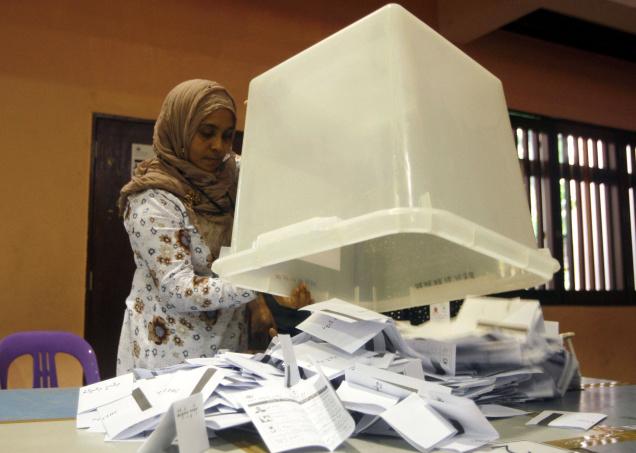MDP reiterates call for consultation over e-voting plans
The main opposition Maldivian Democratic Party has urged the Elections Commission to consult with political parties over its plans to introduce electronic voting in the upcoming local council elections.

10 May 2016, 09:00
The main opposition Maldivian Democratic Party has urged the Elections Commission to consult with political parties over its plans to introduce electronic voting in the upcoming local council elections.
The party said the EC is yet to formally inform political parties over its plans, and raised concern over the sudden change “in a country with a small voting population where results are announced within a few hours.”
Local council elections are scheduled for January 14, 2017.
In a statement issued on Monday, the MDP said the EC’s response to a May 2 letter requesting further information had read: “This commission is working on the tasks required to develop our services with the use of modern facilities in a more developed world. Therefore, we will do what is necessary to introduce electronic voting.”
Become a member
Get full access to our archive and personalise your experience.
Already a member?
Discussion
No comments yet. Be the first to share your thoughts!
No comments yet. Be the first to join the conversation!
Join the Conversation
Sign in to share your thoughts under an alias and take part in the discussion. Independent journalism thrives on open, respectful debate — your voice matters.




